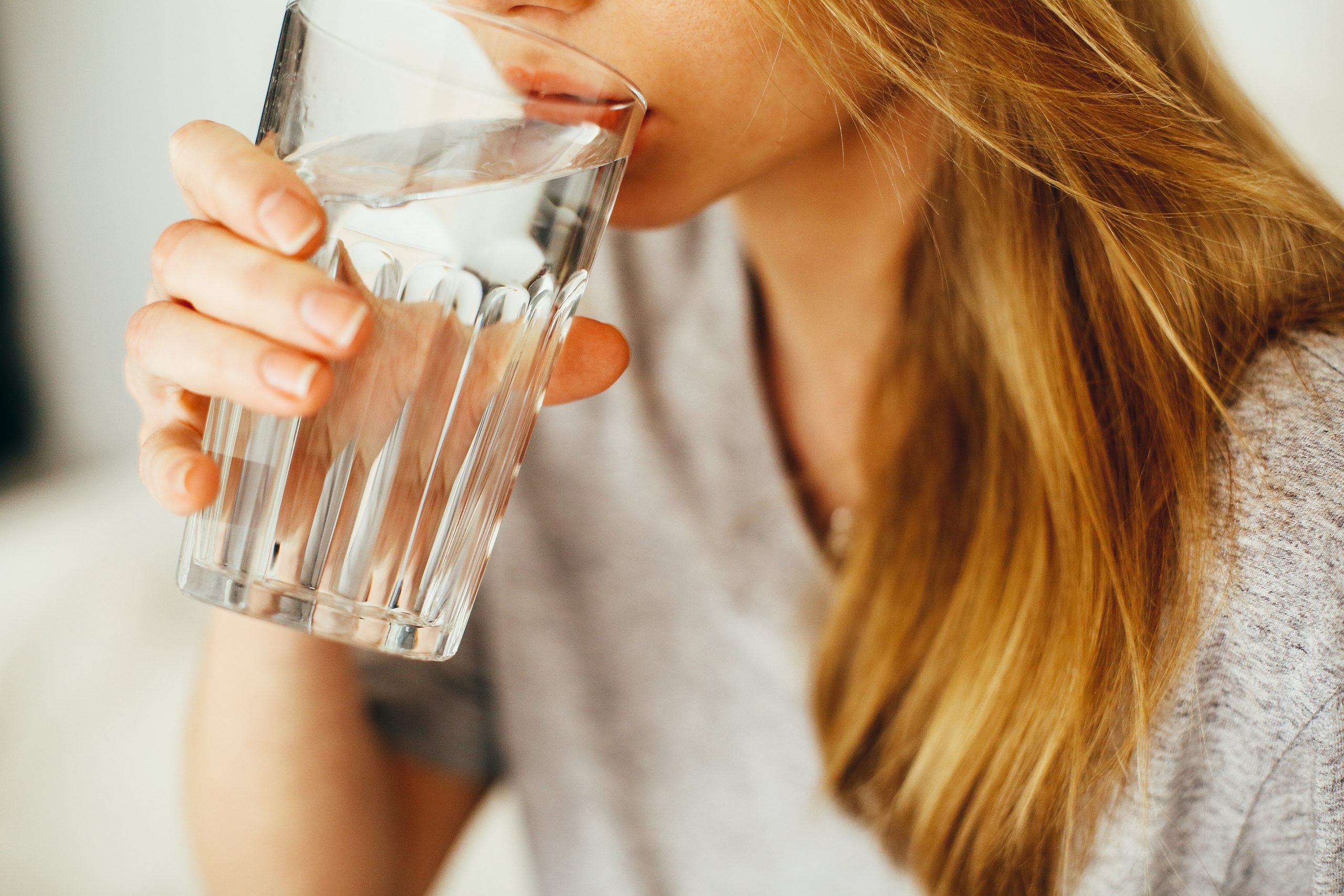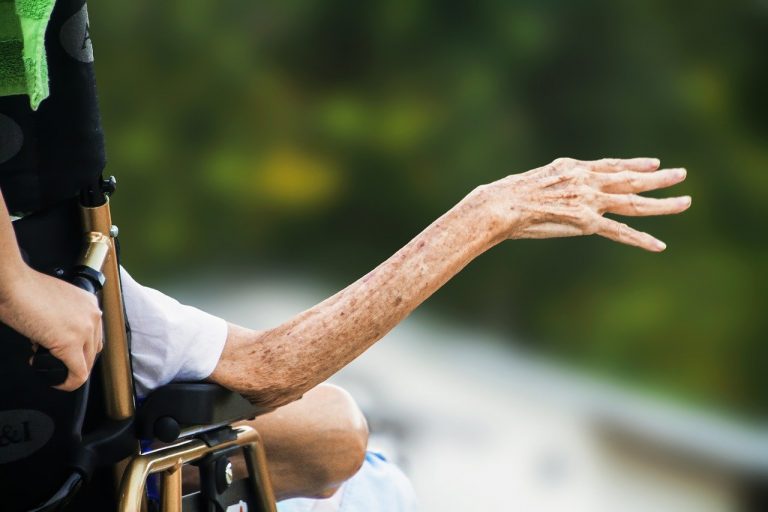Dehydration basically refers to having little water or fluids in the body than you require. This is usually a result of excessive loss of fluids or poor intake of the fluids. Dehydration is a common symptom of many medical conditions and is responsible for a number of complications associated with some of these conditions.
Fluids are needed in the body for the proper circulation of blood around the body. This is what supplies the body’s tissues with nutrients and even oxygen. It implies that dehydration can impair any of these essential body activities.
Did you know that the human body is made largely out of water? The body is made up of approximately 75% water. This tells you how important water is to the body.
Dehydration can be classified as being mild, moderate, or severe. Dehydration commonly occurs in children but it can equally occur in any age group. The commonest cause of dehydration in children is diarrhea. Burns and some infections can also result in dehydration.
The body loses water through various means. One common way is through excessive urination. Excessive sweat (perspiration) can also lead to increased loss of water. Vomiting is also a major factor when it comes to the causes of dehydration.
Hot weather can increase the volume of water lost from sweating. Excessive exercise increases metabolism and usually results in loss of water or dehydration.
Causes of dehydration
The causes of dehydration can be put into two main forms;
- From decreased intake:
If you are too busy to take water, or you don’t drink water because of lack of availability or issues of safety then you may end up becoming dehydrated.
- From increased losses:
Dehydration can occur whenever the body loses more water or fluids than you are taking in. The possible causes of loss of water or fluids from the body include:
- Urination
- Sweating
- High body temperature
- Diarrhea
- Vomiting
Some other conditions may also be responsible for dehydration. An example of such a condition is diabetes. In diabetes, patients have high levels of glucose in their blood which exerts an osmotic effect and causes frequent urination.
Also, third-degree burns can result in dehydration. This is because when a body surface gets severely burnt, fluids often seep from the burnt area which may result in dehydration.
Symptoms of dehydration
Whenever you become dehydrated your body puts in certain mechanisms to prevent extra loss of fluids. Some of these include thirst stimulation. You will begin to feel very thirsty so that you drink water to replenish some of the lost water.
The amount of fluid lost from urine too will be reduced drastically and as such your urine becomes very concentrated. The way for you to know that your urine is concentrated is that you will see it to be darker in colour.
As the dehydration corrects the urine will become clearer and clearer. You can therefore use the colour of your urine to tell whether you are dehydrated or not.
Some of the common symptoms of dehydration that are observed in adults include:
- Dizziness
- Dry mouth
- Thirst
- Decreased amount of urine
- Dry skin
- Confusion
- Dark-colored urine
- Fatigue and lethargy
Even though we should expect some of these symptoms in children who are dehydrated, there are a few more peculiar symptoms worth noting.
Symptoms of dehydration in children
- Sunken eyes
- Lack of tears when crying
- Dry diapers after a long while
- Irritability and sleepiness
- Sunken fontanelle (soft spot on top of the skull)
Who is at risk of suffering dehydration?
Even though almost everyone is at risk of developing dehydration, some people are more susceptible to it than others.
- The elderly
- Individuals who live at higher altitudes
- Athletes and people who engage in strenuous exercises
- Infants and young children
- People who are suffering from disease conditions like diabetes
What are some of the complications of dehydration?
Kidney problems:
Dehydration from any of the possible causes can result in kidney or renal impairment. Body fluids enable the body to circulate oxygen and nutrients to the kidneys.
So, in the case of dehydration especially when the dehydration is severe, there is a decrease in blood flow to the kidneys (decreased renal perfusion). A decrease in blood flow to the kidneys means decreased oxygen and nutrients supply to kidney tissues. These tissues after being deprived for a while can easily die off and this will be observed as a kidney impairment.
Seizures
Water is responsible for carrying all the essential water soluble electrolytes needed by the body. As the body loses water (in dehydration), most of these essential electrolytes too are lost with it.
Two common electrolytes that are worth mentioning in this situation are potassium and sodium. These two electrolytes play a key role in the body’s electrical activity. An imbalance of these ions or electrolytes can result in seizures.
Heat injury
In a case of dehydration, suffering a heat injury like heat cramps to heat exhaustion or even heat stroke is possible. Heat cramps are a type of heat illness associated with muscle spasms in the arms, calves and abdomen as a result of loss of large amounts of water and electrolytes usually through exercise.
Shock
This is one of the most dreaded complications that may be associated with dehydration. Shock occurs when there is a decreased supply of blood to the brain.
This is possible because water makes up a chunk of the blood volume. So, anytime you lose so much water, your blood volume too will go way down. As the blood volume is decreased, the supply to the essential organs like the brain is also decreased.
How can I prevent dehydration?
The main way to prevent dehydration is to be mindful of the possibility of becoming dehydrated at any point in time and constantly hydrating.
This means that you have to be taking in water on a regular basis. This should be a priority if you:
- Are seriously ill and can drink oral fluids
- Engage in strenuous exercise or activities
- Are staying in a hot environment
- Are vomiting profusely or having severe diarrhoea (infusions of fluids may be recommended)
How is dehydration treated?
In treating dehydration, a number of fluids may be recommended depending on the other symptoms that you may present with. The choice of fluids may also be based on the possible electrolytes that need replacement the more.
The best and most effective way of treating dehydration is to rehydrate the body. Rehydration can be done by taking in plenty of fluids such as good drinking water, diluted fruit juice or sweet drinks to replenish the lost water and sugar, and salted snacks to replace some lost electrolytes.
Other fluids that are employed in managing dehydration include:
- Oral rehydration salt solution
- Ringers lactate infusion
- Sodium Chloride infusion
- Dextrose in Normal Saline infusions








7 Comments